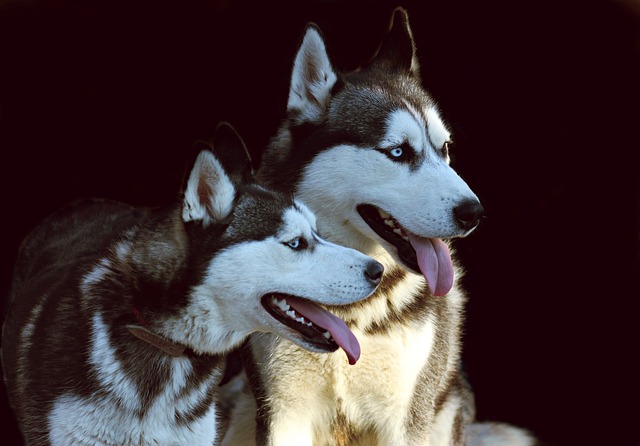
How do i train my dog to be obedient?
Watching your dog dart across the park ignoring your calls isn’t just frustrating—it can put them at risk near busy streets or public spaces.
You’ve just finished a 30-minute scent training session with your border collie, and instead of bouncing off the walls like after a game of fetch, they’re calmly lying on their bed, chewing contentedly on a toy. This isn’t a coincidence—scent work is famously exhausting for dogs, but in the best way possible. While physical exercise tires their body, scent training exhausts their mind, providing a more complete form of enrichment that many behaviorists consider essential for canine wellbeing.
The science behind this mental exhaustion lies in how canine brains process scent information. When your dog searches for a hidden treat or target odor, their brain is working similarly to how ours does during intense concentration—processing millions of scent particles, discriminating between odors, and forming spatial memories. This cognitive workout burns neural energy at a remarkable rate. A 2022 study in the Journal of Veterinary Behavior found that 15 minutes of scent work provided equivalent mental stimulation to 45 minutes of physical exercise for most dogs. This makes it particularly valuable for high-energy breeds, recovering dogs on exercise restriction, or those living in apartments where space is limited.
To maximize the benefits while keeping sessions positive, start with short 5-minute sessions and gradually increase duration as your dog builds focus. Always end on a successful find to keep motivation high. Watch for signs of mental fatigue—sniffing without purpose, wandering away from search areas, or lying down during the search. These indicate it’s time to wrap up. Remember to use only positive reinforcement methods; never punish incorrect finds or force your dog to continue if they seem frustrated. This approach aligns with animal welfare standards across the U.S. and EU, where fear-free training is increasingly becoming the norm.

When conducting scent work in public spaces like parks, ensure your dog’s vaccinations—particularly rabies—are current, as this is legally required in all 50 states and essential for public safety. Keep your dog leashed unless in designated off-leash areas, and be mindful of other park users. Always clean up after your dog immediately, as most municipalities have strict waste disposal ordinances. If you’re using food rewards outdoors, choose easily biodegradable options and avoid areas where wildlife might be attracted to food remnants.
For apartment dwellers, scent training offers a perfect solution for bad weather days or noise-restricted hours. Create indoor search zones using blankets and cardboard boxes, or hide treats in puzzle toys for independent play. Be considerate of neighbors by placing mats under activity areas to muffle sounds and avoiding early morning or late evening sessions. The mental exhaustion from scent work often reduces nuisance barking and destructive behaviors—something your neighbors will appreciate as much as you do.
The tiredness your dog experiences after scent work is qualitatively different from physical exhaustion. It’s a satisfied tiredness that comes from using their natural abilities in rewarding ways. This makes scent training particularly valuable for dogs with anxiety, as the concentration required can have a calming effect that lasts for hours. Just remember that mental fatigue can sometimes sneak up on dogs, so always provide fresh water and a quiet resting space after sessions. Whether you’re looking to supplement physical exercise or provide an alternative for bad weather days, scent training offers one of the most effective ways to help your dog achieve that perfect balance of physical and mental fulfillment.

Watching your dog dart across the park ignoring your calls isn’t just frustrating—it can put them at risk near busy streets or public spaces.

New puppy owners often find themselves rushing to clean up accidents before they set in, and that’s where puppy pad training becomes a game-changer.

If you've noticed your dog's waistline disappearing and your veterinarian has mentioned those few extra pounds, your first instinct might be to simply reduce the amount of food in their bowl.

Training a dog to use a designated spot indoors isn’t as daunting as many new owners fear, but it does take consistency and an understanding of your pet’s needs.

That moment of dread on a walk is all too familiar for many new dog owners. You see another dog approaching down the sidewalk of your neighborhood

If the sight of another dog on your neighborhood walk makes your heart sink as your own dog erupts into a frenzy of barking and lunging, you're not alone.